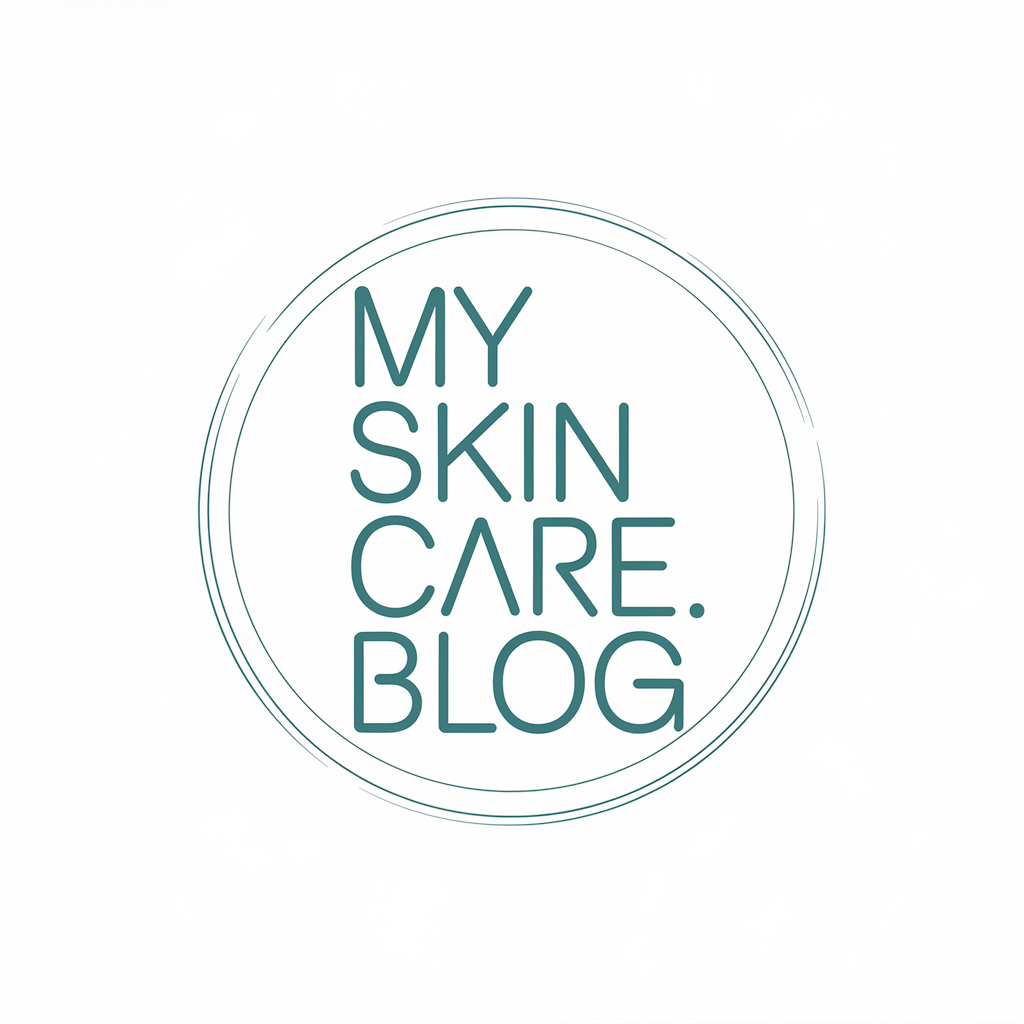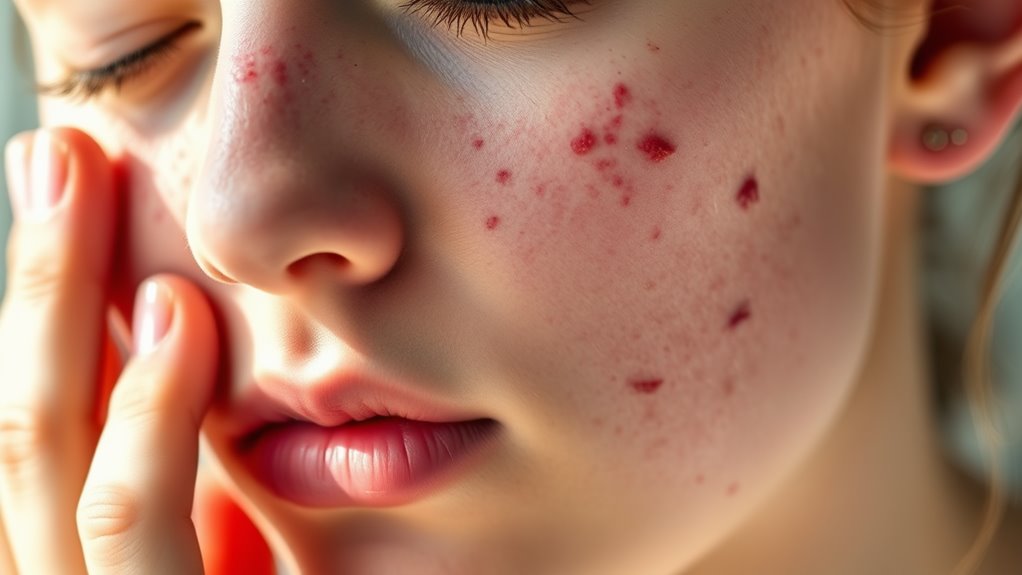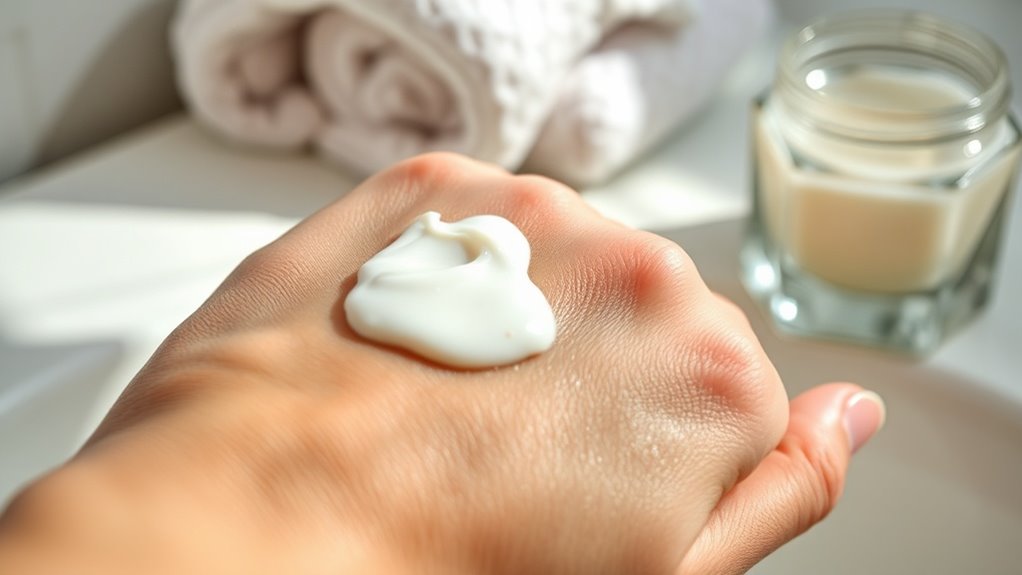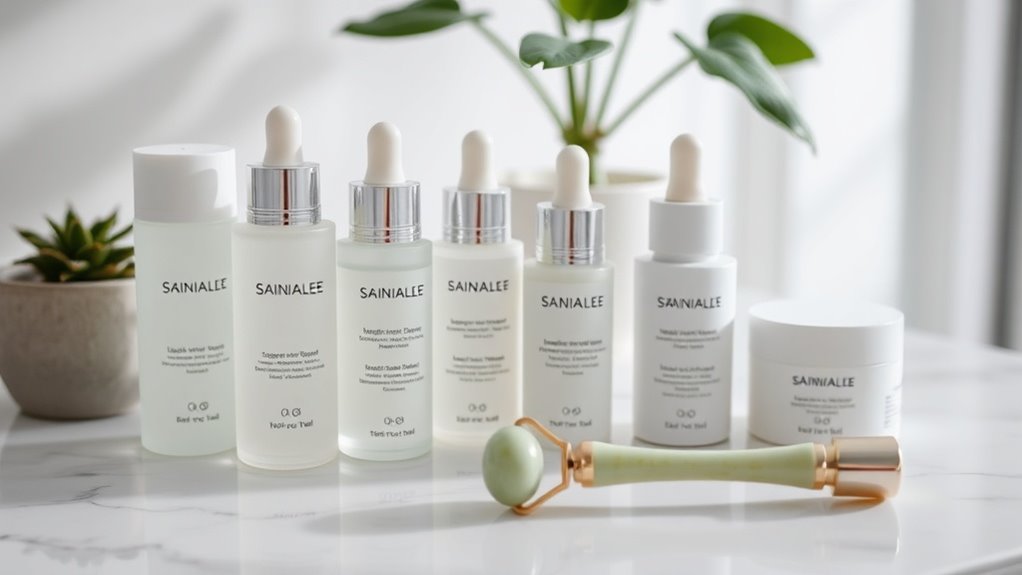Acne Breakouts. This Common Habit Might Be the Cause!
If you’re struggling with acne breakouts, it might be time to consider your daily habits. Many people unknowingly contribute to their skin issues by touching their faces or skipping proper cleansing routines. Even simple choices, like what you wear, can impact your skin. Curious about how these common habits could be the culprits behind your breakouts? Let’s explore the connections that might surprise you.
Understanding Acne: What Causes Breakouts?
Acne is a common skin condition that can be frustrating to deal with. You’re not alone in this struggle, and understanding what causes breakouts can help you feel more in control.
Acne causes vary, but they often stem from factors like excess oil production, clogged pores, and bacteria. Hormonal changes, especially during puberty or menstruation, can also trigger breakouts, leaving you feeling self-conscious.
Stress plays a role too; it can push your body to produce more hormones that lead to acne.
Diet can impact your skin as well; high-glycemic foods and dairy are linked to flare-ups for some people. Additionally, everyday habits such as touching your face or not properly cleansing your skin can significantly contribute to breakouts.
Remember, everyone’s skin is different, and what works for one person mightn’t work for another. By learning about these acne causes, you can make informed choices that might help improve your skin and boost your confidence.
You’re on a journey, and every step counts!
Common Habits That Trigger Acne
Many daily habits can unknowingly contribute to acne breakouts. One common trigger is touching your face. Your hands carry oils and bacteria, which can clog pores and lead to inflammation.
Another habit to watch out for isn’t properly cleansing your skin. Skipping a night-time routine or using harsh products can irritate your skin, making acne worse.
Additionally, wearing makeup that’s too heavy or not removing it before bed can block your pores. If you’re constantly wearing tight clothing or hats, they might trap sweat and oil, further triggering breakouts.
Stress also plays a role; it can increase oil production, so finding ways to unwind is key. Diet can also influence your skin health, as certain foods that trigger acne can exacerbate breakouts.
Lastly, don’t underestimate the importance of changing your pillowcases regularly. By making small adjustments to these habits, you can create a healthier environment for your skin and feel more confident in your appearance.
The Role of Diet in Skin Health
Your skin’s health is closely linked to what you eat. When you choose whole, nutrient-rich foods, you’re not just fueling your body; you’re nurturing your skin too. Incorporating fruits and vegetables packed with vitamins and antioxidants can lead to a brighter complexion.
Foods high in omega-3 fatty acids, like salmon and walnuts, help reduce inflammation, which can be a major player in acne breakouts.
On the flip side, processed foods, sugary snacks, and dairy might trigger flare-ups for some. They can spike insulin levels, leading to increased oil production and clogged pores.
It’s essential to pay attention to how different foods affect your skin; everyone’s body is unique. By making mindful choices, you can create a diet that supports not just your skin but your overall well-being. A well-balanced diet rich in nutrient-rich foods can significantly enhance your skin’s appearance over time.
Effective Strategies to Prevent Breakouts
While it might feel overwhelming to tackle breakouts, implementing effective strategies can make a significant difference. Start by establishing a consistent skincare routine. Choose gentle, non-comedogenic products that suit your skin type. Cleansing your face twice daily helps remove dirt and excess oil, reducing the chance of clogged pores.
Don’t forget about hydration! Drinking plenty of water nourishes your skin from within, promoting a clearer complexion. Incorporate a balanced diet rich in fruits, vegetables, and whole grains to support skin health.
Additionally, try to manage stress through mindfulness or exercise, as stress can trigger breakouts. Experts recommend using proven topical solutions for overnight treatment as part of your skincare routine.
Lastly, avoid touching your face or picking at blemishes; this can spread bacteria and worsen the situation.
When to Seek Professional Help for Acne
Even with the best prevention strategies, some acne may persist or worsen, signaling that it’s time to seek professional help.
If you notice that your breakouts are becoming more frequent or painful, don’t hesitate to reach out to a dermatologist. They can provide personalized treatment options tailored to your skin type and concerns, which can make a world of difference. Additionally, it’s important to remember that over-treating acne can sometimes exacerbate the condition, making expert advice even more valuable.
If you find that acne is affecting your self-esteem or mental well-being, it’s essential to get support.
You’re not alone in this; many people face similar challenges. Professional guidance can help you navigate these feelings and foster a healthier relationship with your skin.





